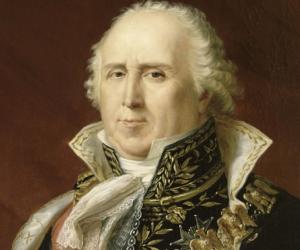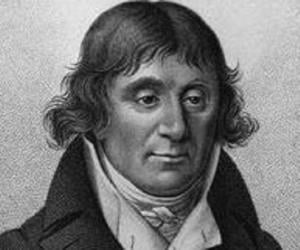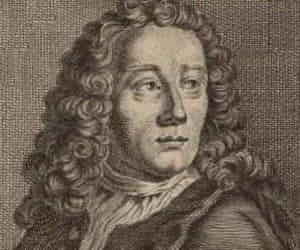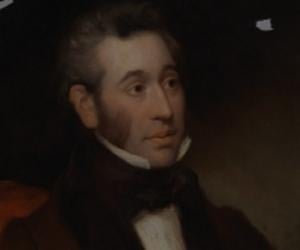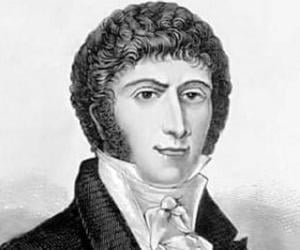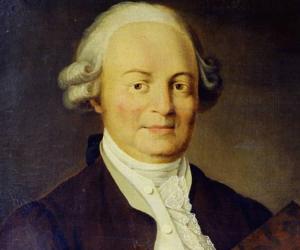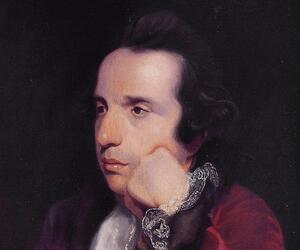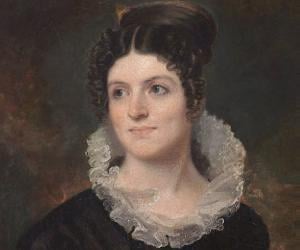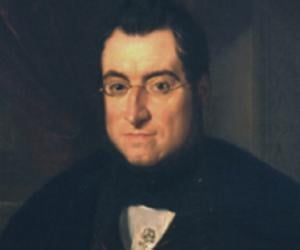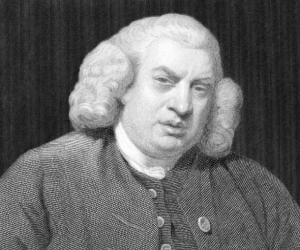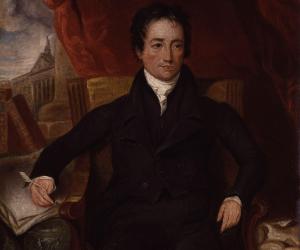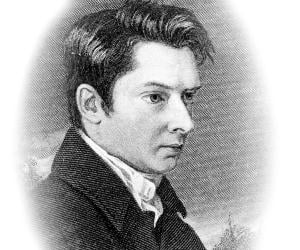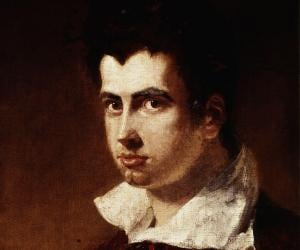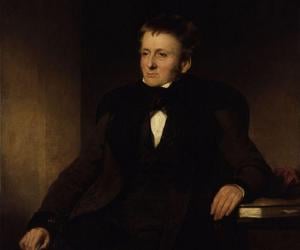Essayist, biographer, lexicographer, and literary critic Samuel Johnson, or Dr. Johnson, is remembered for his A Dictionary of the English Language and Lives of the Most Eminent English Poets. He was also a poet, a playwright, and a staunch Tory. His mannerisms indicated he had Tourette syndrome.
Renowned British essayist Charles Lamb was a major figure of the Romantic period. He is best remembered for his Essays of Elia and his book of abridged versions of Shakespeare’s plays, Tales from Shakespeare, which he co-wrote with his sister, Mary. He had also once spent time in a mental facility.
Eighteenth-century essayist, poet, and pamphleteer Jonathan Swift is remembered for his iconic works such as A Tale of a Tub, A Modest Proposal, and Gulliver's Travels. One of the world’s greatest satirists, he gave rise to the deadpan Swiftian style. He had also been the Dean of St. Patrick's Cathedral.
English essayist and critic William Hazlitt is remembered for his characteristic humanism in his works. Initially aspiring to be a painter, he traveled to Paris but later deviated to philosophy and metaphysics. Though he penned iconic works such as The Spirit of the Age, he spent his later life in oblivion.
Known for poems such as Abou Ben Adhem, 19th-century English poet, critic, and essayist Leigh Hunt had founded the newspaper The Examiner, with his brother. Apart from critiquing the politics, theater, and art of his time, he also criticized Prince Regent George, an act that put him behind bars briefly.
Essayist Thomas De Quincey is best remembered for his iconic book Confessions of an English Opium-Eater, which initially appeared in the London Magazine. The work was an autobiographical account of his own addiction to opium, which he had begun consuming to help him deal with the pain of his facial neuralgia.
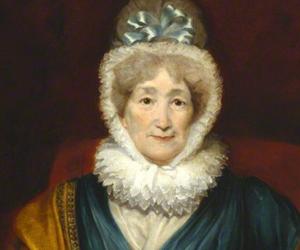
English religious author Hannah More soared to literary fame with the release of Village Politics, penned under the pseudonym Will Chip. Its popularity made her write an entire series of tracts that educated the poor. She also established clubs and schools, apart from opposing slavery along with the Clapham Sect.
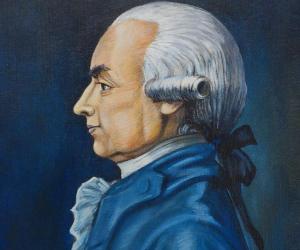
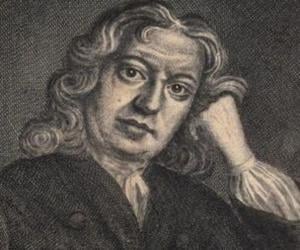
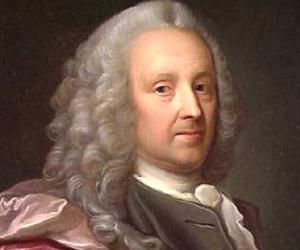
One of the forefathers of Norwegian and Danish literature, Ludvig Holberg was a legendary literary figure of the Dano-Norwegian dual monarchy era. Initially a French tutor, he later studied music, before devoting himself to writing. His comedies earned him the nickname of The Molière of the North.
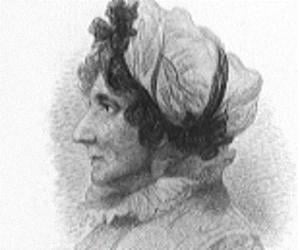
Best known for including political and social themes in her writings, Anna Letitia Barbauld was a renowned poet, essayist, and children’s author. She was the only daughter of Unitarian John Aikin and taught at the Palgrave Academy. She is remembered for her iconic hymn “Life! I Know Not What Thou Art.”


Part of the 18th-century London intellectual circle, socialite Elizabeth Montagu was a pioneering member of the Bluestockings, a group of women who engaged in evening conversations as a substitute to card-playing. The wife of affluent landowner Edward Montagu, she inherited his riches and later built the Montagu House.
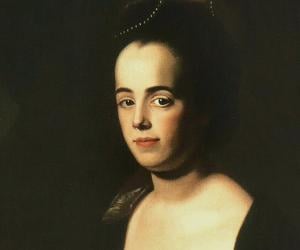
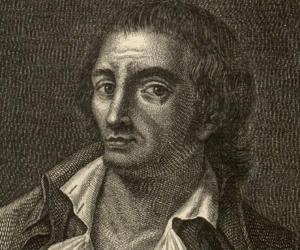
Jean-Marie Collot d'Herbois was a French actor, essayist, dramatist, and revolutionary. He played an important role during the Reign of Terror, serving as one of the most important members of the Committee of Public Safety. Although he is credited with saving Madame Tussaud from the Guillotine, Collot d'Herbois oversaw the execution of over 2,000 people in Lyon.
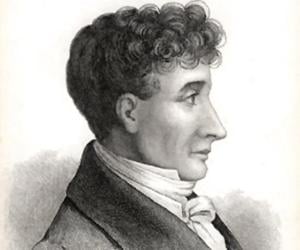
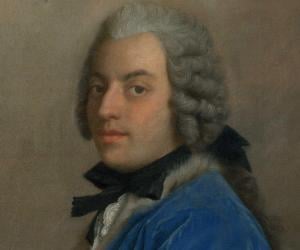
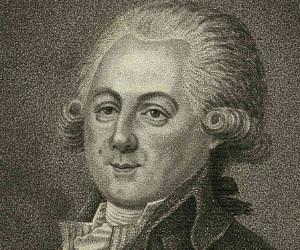
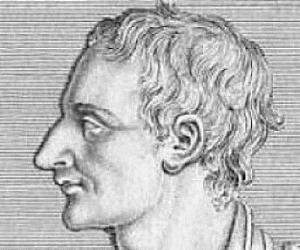
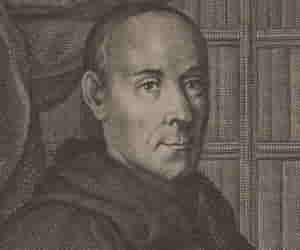
Eighteenth-century Spanish essayist Benito Jerónimo Feijóo y Montenegro was a monk of the Benedictine order and also taught theology and philosophy at the University of Oviedo. He later wrote on a variety of subjects such as medicine, philology, and law, in Teatro crítico universal and Cartas eruditas y curiosas.
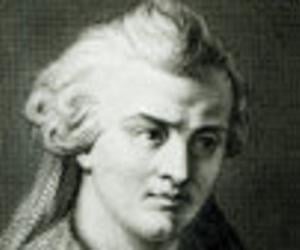
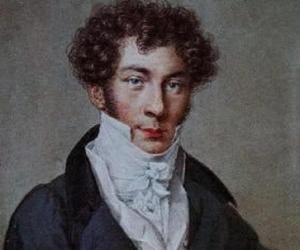
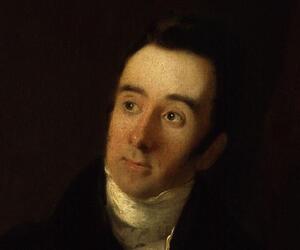
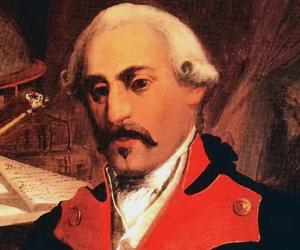
José Cadalso was a colonel of the Royal Spanish Army in the 18th century. He was also a well-known author, playwright, poet, and essayist. As an army man, he traveled through Italy, Germany, England, France, and Portugal and studied the literature of these countries. He is credited to have made massive contributions to Spanish Enlightenment literature.
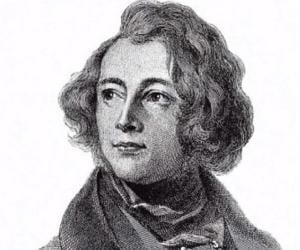
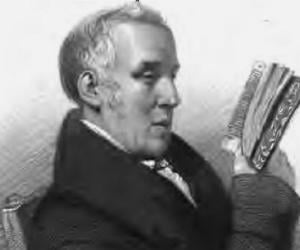
Henry Francis Cary is best remembered for translating Dante’s Divine Comedy in blank verse. He had also penned several biographies of British and French authors. Educated at Oxford, he had also worked at the British Museum as an assistant librarian and was an Anglican clergy.
